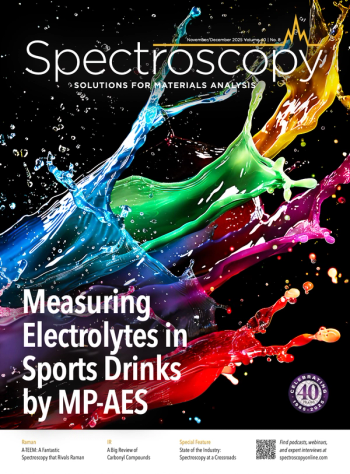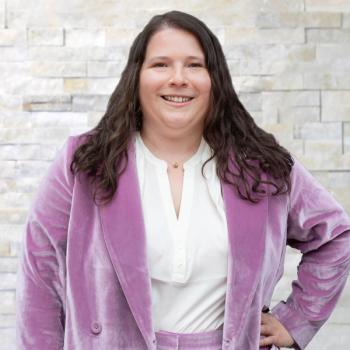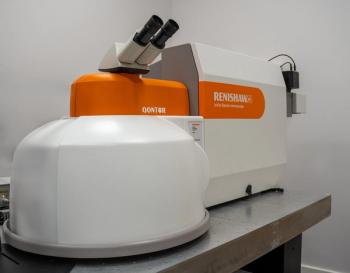
Virtual SAS–Coblentz Event to Highlight Diverse Work in Vibrational Spectroscopy
An upcoming online event will provide an excellent opportunity to assess the work of 20 current graduate students in vibrational spectroscopy from across the world. The free online seminar, which will be held on March 3 at 12:00 pm noon Eastern time, will be presented jointly by the Coblentz Society, along with the New York–New Jersey and New England sections of the Society for Applied Spectroscopy (SAS).
As scientists monitor their fields for ongoing developments, an important aspect is monitoring the work of young scientists who are doing valuable work and who show promise for making important contributions in the future.
An upcoming online event will provide an excellent opportunity to assess the work of 20 current graduate students in vibrational spectroscopy from across the world. The free online seminar, which will be held on March 3 at 12:00 pm noon Eastern time, will be presented jointly by the Coblentz Society, along with the New York–New Jersey and New England sections of the Society for Applied Spectroscopy (SAS).
In the event, researchers will each have three minutes to present a compelling oration on their work and its significance. The idea behind this is to provide wide dissemination and exposure of work and stimulate discussion. This will be a one-hour virtual meeting followed by 30 minutes of open discussion.
The event will showcase developments at the leading edge of vibrational spectroscopy and will cover applications of vibrational spectroscopy over a wide range of disciplines.
In addition, the organizers hope that this type of presentation will increase researchers’ academic, presentation, and research communication skills, and their capacity to effectively explain a research topic in three minutes and in language appropriate to a non-specialist audience.
The list of students scheduled to present on March 3, and the abstracts of their talks, will be posted on the NY–NJ SAS
Newsletter
Get essential updates on the latest spectroscopy technologies, regulatory standards, and best practices—subscribe today to Spectroscopy.



